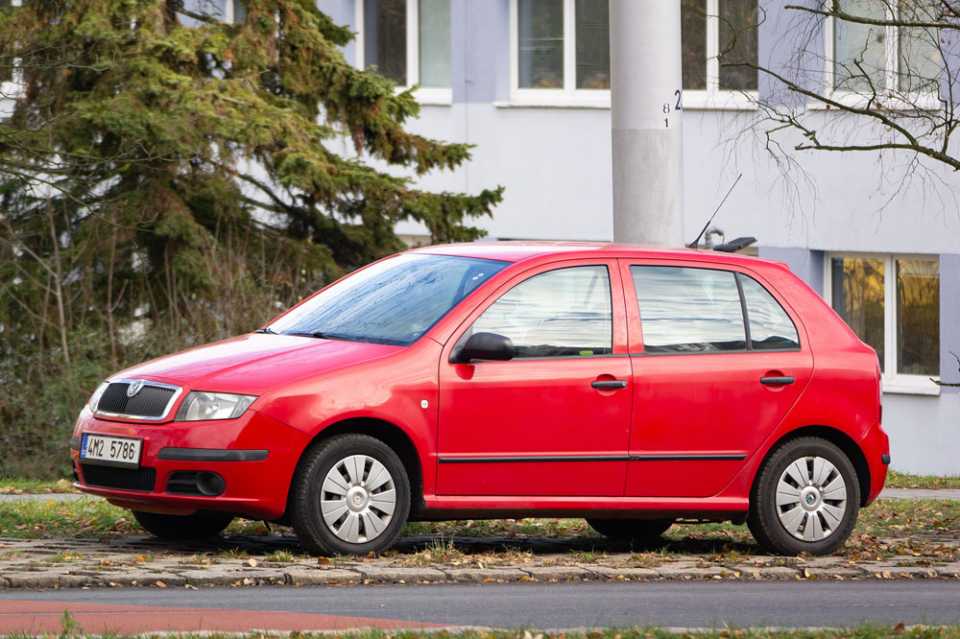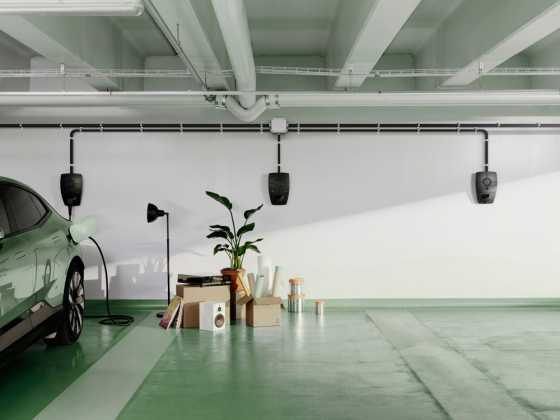Cars lasting longer is hindering electrification, finds RAC

Analysis from the RAC Foundation has revealed that at the end of 2024, the average car in the UK was nine years and ten months old, which is the oldest it has ever been. This is an increase from seven years and five months a decade earlier, at the end of 2015, and presents a barrier to electrifying fleets as people are waiting longer between buying new vehicles.
Petrol cars have the oldest average age at ten years and four months, followed by diesel cars (ten years one month), the plug-in hybrid (three years four months), and battery electrics, on average, being two years and six months old.
Two in five cars (40.7 per cent) on the road at the end of 2024 were at least ten years old. This compared with just one in three (32.7 per cent) at the end of 2015.
A positive note is that at the end of 2024, zero-emission cars (including BEVs and hydrogen cars) comprised just 3.8 per cent of the national car fleet but drove 5.3 per cent of all car mileage.
Steve Gooding, director of the RAC Foundation, said: “These findings probably reflect several things.
“On the plus side, for motorists, the design and build-quality of modern cars means they are looking good and running reliably for far longer—the days of them rusting away before your eyes are well and truly behind us. Even a twenty-year-old car with a full service-history can be a good bet for someone seeking a bargain buy that still looks up to date.
“The bad news for the environment is that the overall ageing of the fleet means the replacement of fossil-fuelled cars by those with very low or zero emissions is not happening as quickly as policymakers hoped.
“After they peaked in 2016, lower annual new car sales bear testament to a host of issues—Covid, the cost-of-living crisis, mixed messaging over the ban on the sales of new petrol and diesel models—plus the generally good roadworthiness of older cars meaning owners can comfortably adopt a wait-and-see approach as more new electric vehicles arrive in dealers’ showrooms and the public charging network grows.
“To hit the Climate Change Committee’s 2030 emission reduction targets without a cut in the number of miles driven we believe that by the end of the decade there will need to be a tenfold increase in the 1.3 million or so battery electric cars on the road at the close of 2024. That is going to require a huge push.”



